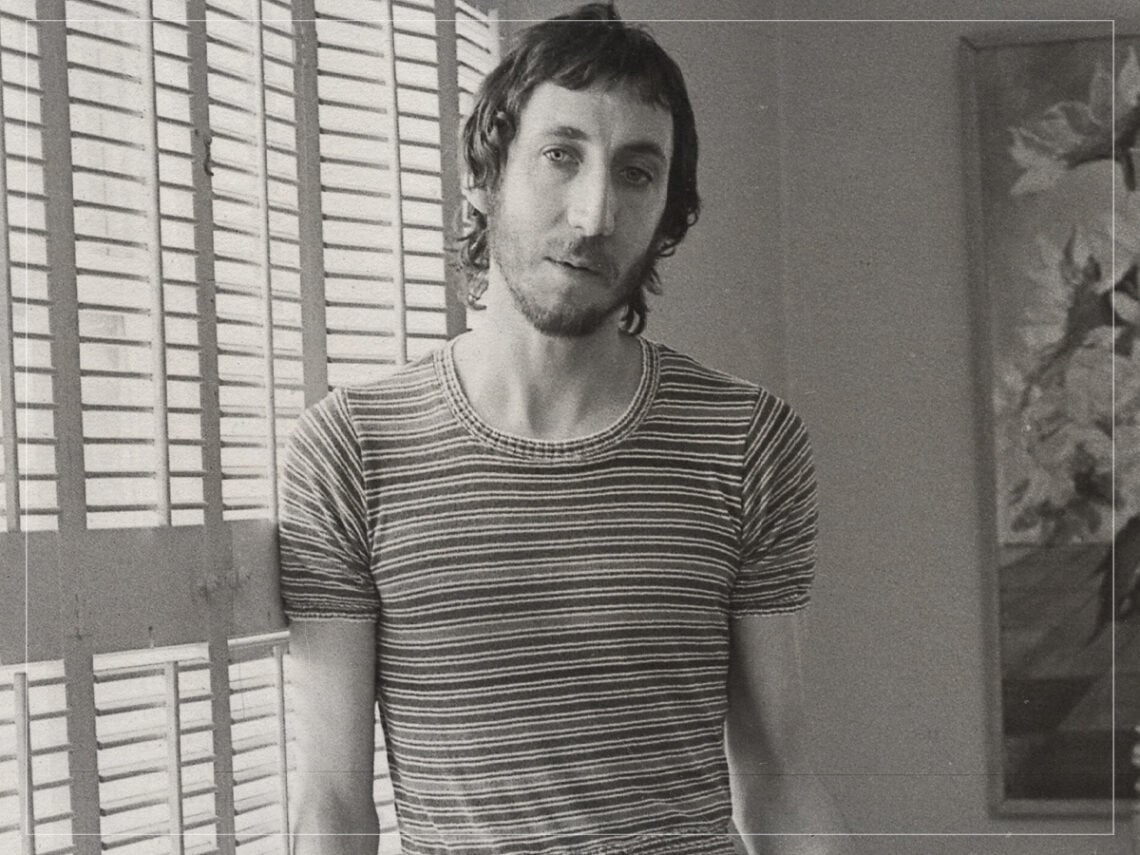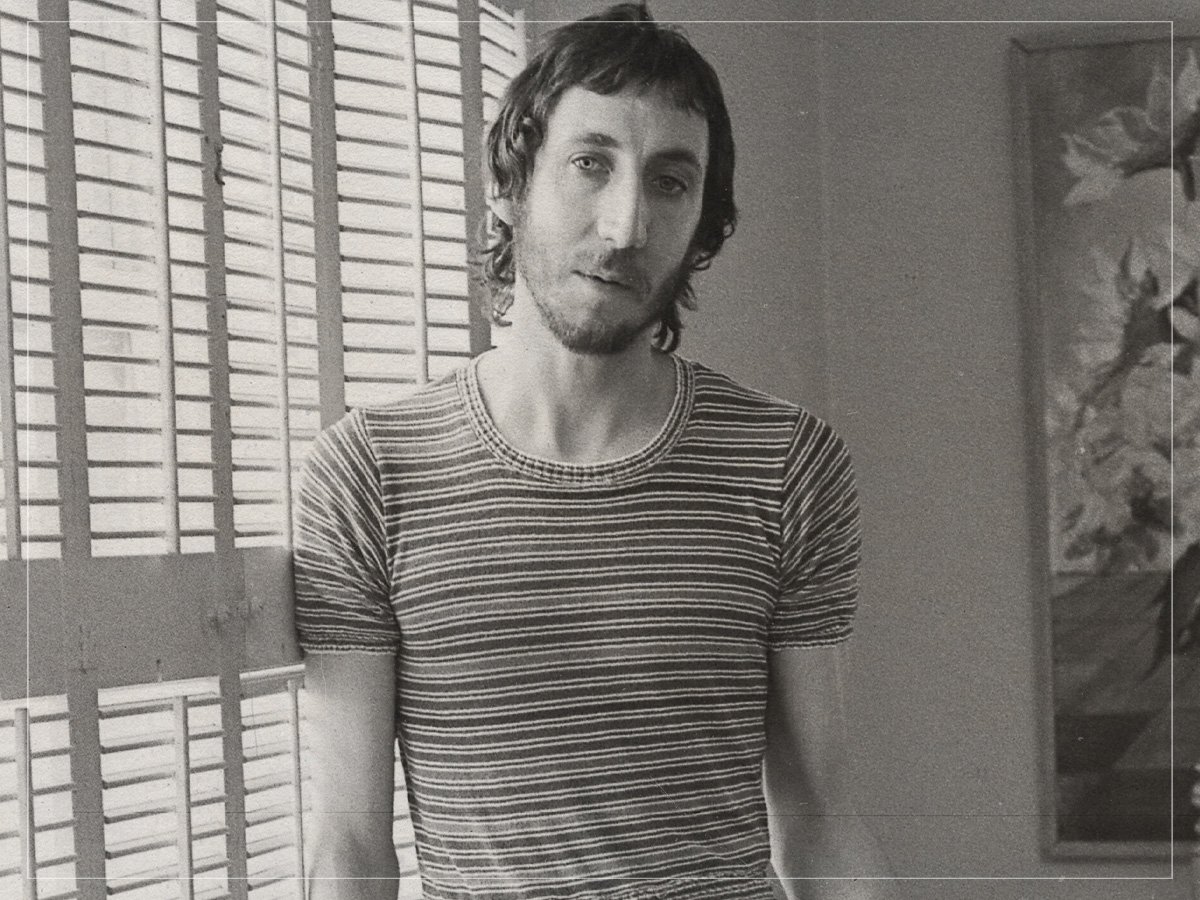
(Credits: Far Out / Harry Chase / UCLA Library)
Fri 21 November 2025 13:30, UK
The world of rock and roll was practically moulded into a different shape by the time Pete Townshend came along.
He wasn’t the most intense guitarist by any stretch, but when looking at his songwriting, there are many places that most people didn’t think were possible to go when he started work on Tommy. But even if his ideas were just crazy enough to work half the time, there were always going to be artists who took the genre to a much higher level before and after him.
After all, Townshend himself always knew that the rock world was never supposed to stop for any reason. Even though he maintained his status as one of the consummate artists from his era, he knew that the whole thing was a freight train that was bound to keep rolling with or without him if he so much as slipped up. But as long as he had the right ideas, people kept sticking around.
Even though the idea of rock and roll becoming theatrical productions seemed impossible at the time, Tommy and Quadrophenia are perfect examples of the rock opera done right. Townshend had a definitive story that he wanted to tell, and while the deaf, dumb and blind boy from his first record was a great place for him to start, hearing the young mod Jimmy go through an existential crisis is actually far more compelling once he had a few years of experience under his belt.
But that inventiveness wouldn’t have been possible if not for the rest of the swinging 1960s. The British invasion had busted down the doors for what artists could do outside of traditional rock and roll, and while Townshend was happy to be a part of it, there’s no one else on the planet who could manage to have the same visceral effect on the world that The Beatles did during that decade.
The Fab Four were each responsible for having an equal part in becoming legendary, but the partnership between John Lennon and Paul McCartney was the glue that held them together. Both of them were kindred spirits in many respects, but when looking at their trajectory, Townshend felt that the entire world of rock and roll would have been a lot different had Lennon not dared to dream of bigger and brighter things.
Outside of the music, Townshend felt that Lennon’s icon status had a lot to do with how well he spoke to a generation of people, saying, “Rock demanded a much greater degree of involvement from its audience than existed at the beginning. It tore it out of its public. It got them emotionally involved. You went through from your little 14-year-old love affair with The Beatles, you ended up with John Lennon telling you the world’s gotta change. And you can’t deny that John Lennon, to some extent, did change the world a little bit.”
While there are many political fanatics who would have begged to differ back in the day, it’s not like Lennon couldn’t challenge the status quo. Not everything that he made was absolutely perfect by any means, but songs like ‘Give Peace a Chance’ were so simple that they practically became mantras for the generation that was tired of seeing the harmful effects of the Vietnam War.
Townshend may have known that creating that sense of utopia was never going to pan out, but it’s people like Lennon that remain important because of his willingness to dream. He genuinely believed that his music could have the power to sway the court of public opinion, and given how concerned the FBI was with him possibly affecting the trajectory of American politics, it was clear that he wasn’t the only dreamer out there.
Related Topics

